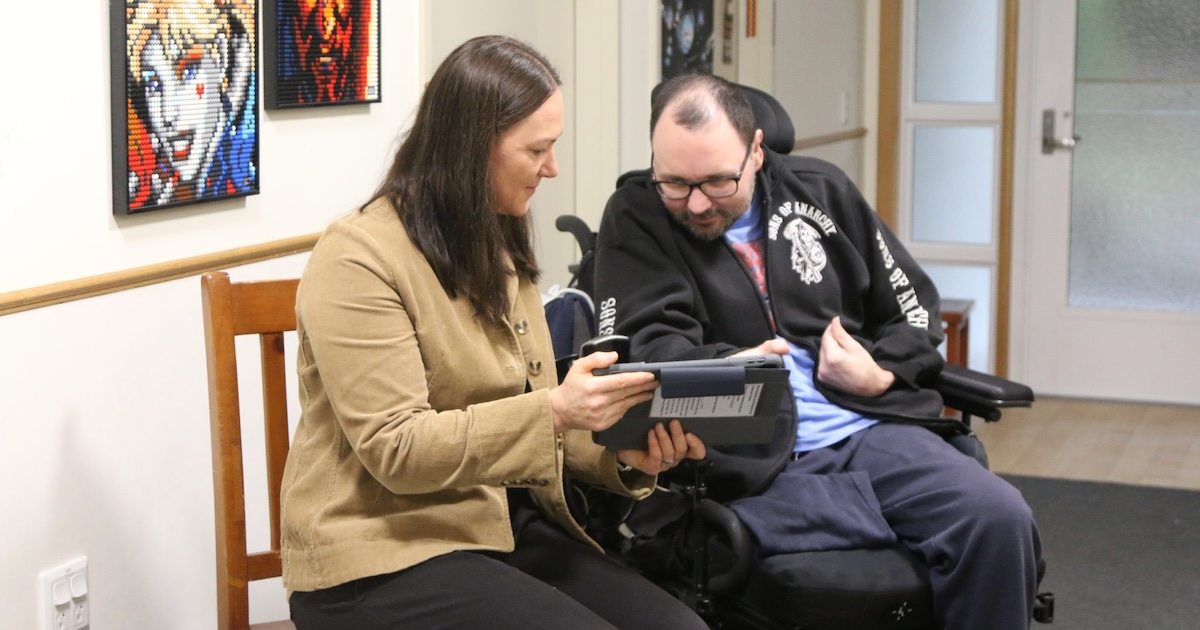Healthcare provider Nexus Primary Health has migrated its InterSystems TrakCare healthcare information system to a cloud-based managed service by Intersystems.
Migrating the TrakCare electronic medical records platform provided by InterSystems to a cloud-based model is designed to give the provider, which boasts four facilities in Victoria, better remote access and disaster recovery.
"Overcoming perceived security, privacy and data governance risks is very important for the acceptance of cloud-hosted offerings by healthcare organisations in Australia," Darren Jones, regional director of customer relations and sales for InterSystems, told HealthcareITNews.
He explained one way InterSystems achieves this is by meeting the legal requirement that healthcare data be hosted in Australia, and said that compared with the previous remotely hosted implementation of TrakCare that serviced Nexus, InterSystems provides higher levels of support and availability.
"Because our offering has been well established in Chile, the U.K., the Middle East and now Australia we have a strong model including the value of the managed service," he noted. In Chile, for example, that even extends to having ownership of the building that houses the data centre in Santiago. We also offer the sort of redundancy and failover that our customers can't afford on their own."
He said that compared with most on-premise EMR solutions, InterSystems provides higher levels of systems management and monitoring, support, availability and redundancy.
"With twin data centres in Melbourne and Sydney, InterSystems provides full disaster recovery, as well as increased flexibility and capacity," Jones said. "We also take the approach that customers want certainty on the financial model over the life of the contract. This is more appealing than having to assign someone to constantly optimise the service to get the best deal, as you would do with public cloud elastic pricing."
He predicted that in the long term, nearly everything will go to cloud, and said over the next 18-24 months most healthcare organisations will be preparing for this move and taking their first steps.
"To do this, healthcare organisations will need to work closely with vendors they trust who are creating tailored solutions specifically for their needs and circumstances," Jones said. "We partner with our clients for the long term and it is therefore natural for us to provide--and to be trusted to provide--the infrastructure and services that the solutions run on. The best time to discuss your cloud strategy is now, not when the hardware is about to come up for renewal."
He also noted MyHealthRecord is having a positive effect in encouraging the uptake of digital technologies which are being used to improve the delivery of healthcare in Australia.
"There has been a huge increase in awareness of the benefits that can be achieved through sharing healthcare information beyond the walls of a single organization," Jones noted. "We are seeing investments in interoperability technology through which healthcare organisations can share data with other providers, whether through MyHealthRecord or more directly."
